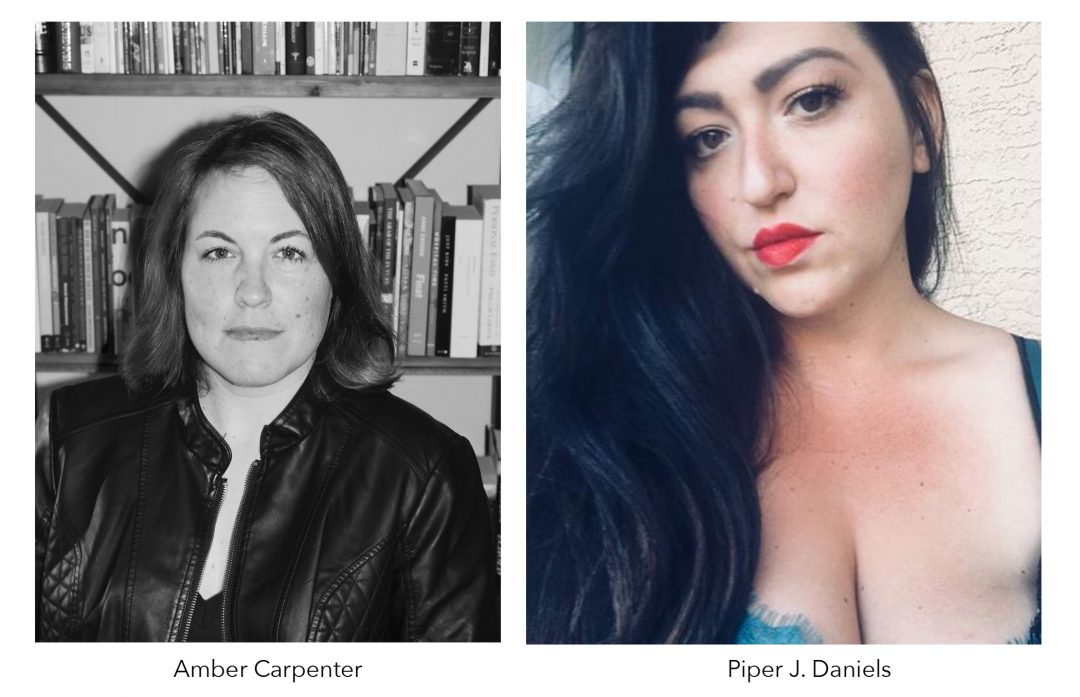1.)
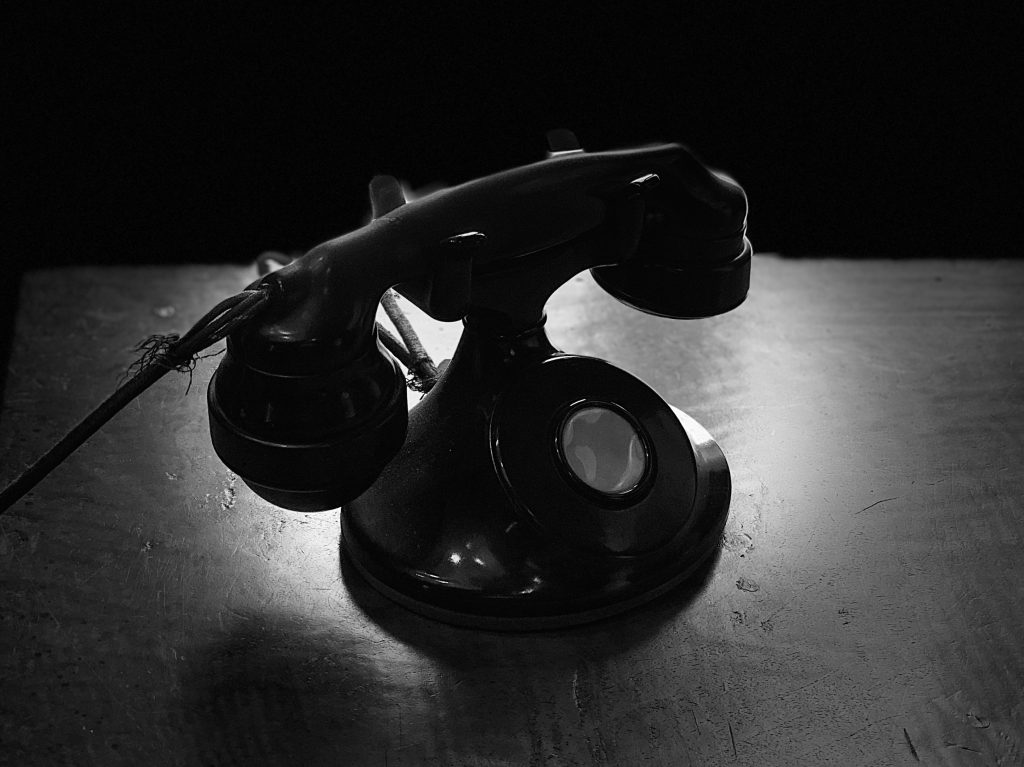
The first time a person on one side of the world speaks to a person on the other, a transatlantic telephone cable is laid some twelve thousand feet deep along the ocean floor.
One wonders what conversation would be worthy of this labor.
You call me for the first time as the ball descends on Times Square. You’re on the West Coast, where it’s still New Years Eve. You want to say hello, and you want to know what the future is like.
The future, I say, is filled with harping angels and devils who dance on the tips of flames.
Come home, you say. Come home now. As though home is a place we share.
The first words ever spoken on the telephone, Alexander Graham Bell to his assistant:
Come here! I want you!
When Graham Bell died, every phone ceased ringing for one full hour in tribute.
And what is more beautiful, the gestures we make at the beginning or the end of unsustainable desire?
2.)
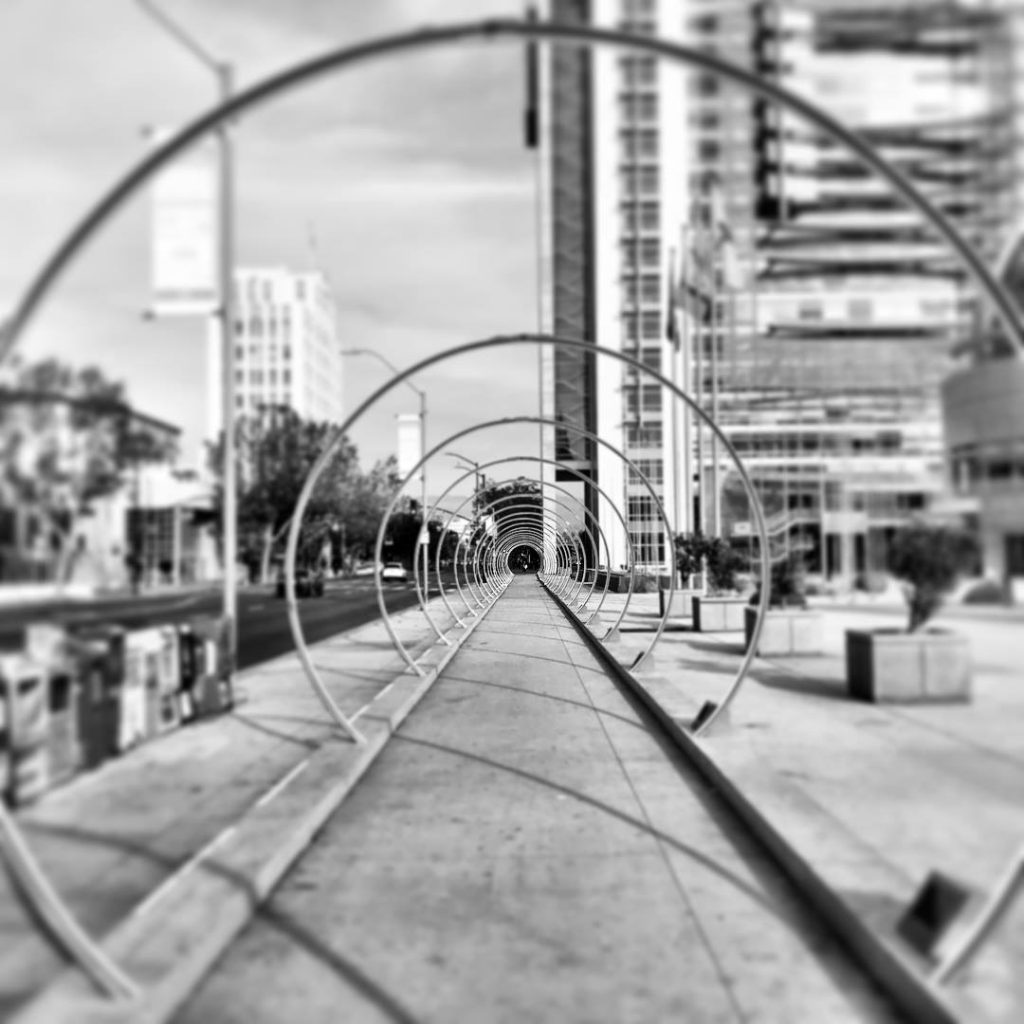
Augustine, psychology’s most famous hysteric, is hospitalized, her disease documented in black and white photography. Augustine is so photographed that she develops a condition: she can only see the world in black and white.
I wonder as I study those photographs how Augustine’s condition differs from love.
You wanted me, so I moved toward you with a bullet’s trajectory.
I moved through you, fearless, full sprint through a dark forest.
You required sacrifice, so I rendered myself sacrificial.
You were jealous, so the women before you were kindling
for fires I made in your name.
3.)
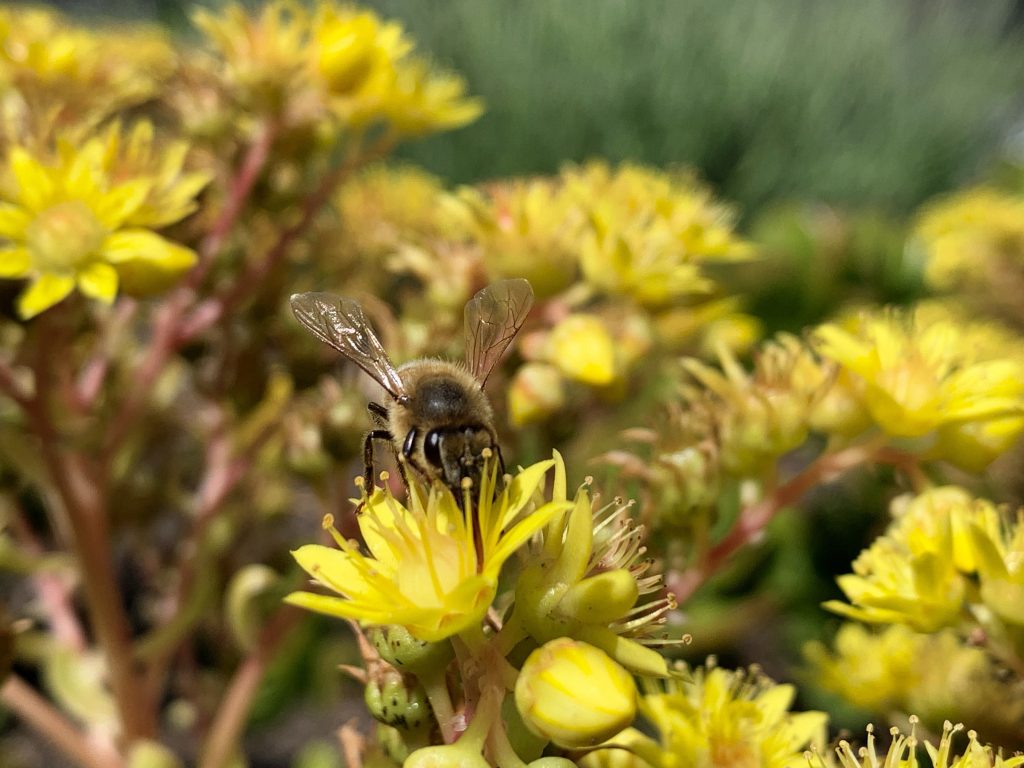
It is known that bees are batteries of the orchard.
That whole communities hover at hive’s center to ensure the warmth of the queen.
As humans, we are all just Icarus, wondering as we drown why we were issued
wings we couldn’t use.
That summer, you planted on your property what you would not give me and many fruit trees flourished.
It’s been years but I can still feel what it’s like beneath the orchard’s cool leaves drunk on rain.
The bees use the sun and its shadows as compass
But what of days so dark the forests disappear?
In my dream we are driving up Chuckanut,
car fragrant from spoils of the orchard.
The true paradises, writes Proust, are paradises we have lost.
4.)
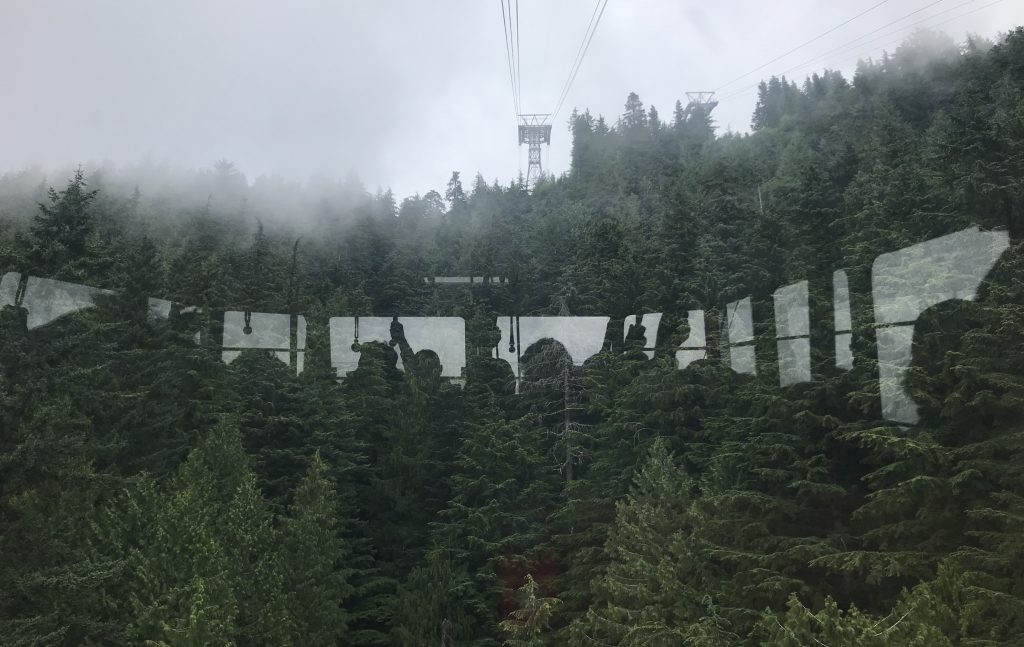
The space between two parked cars and two birds on a wire is identical. We are hard wired, physicists say, to slow before we crash, to keep a measured distance. What this means, scientifically, is starlings and monster trucks have more sense than I do.
Here we come again up Chuckanut, boulders loosing themselves in the road, adventurers descending the mountainside to pluck fresh oysters from the frothing Sound.
The shadows roll and join like mercury.
It is only our bodies that hold us together.
Conspiracy, noun
A combination of persons for a secret purpose
From the latin,
“to breathe together.”
5.)
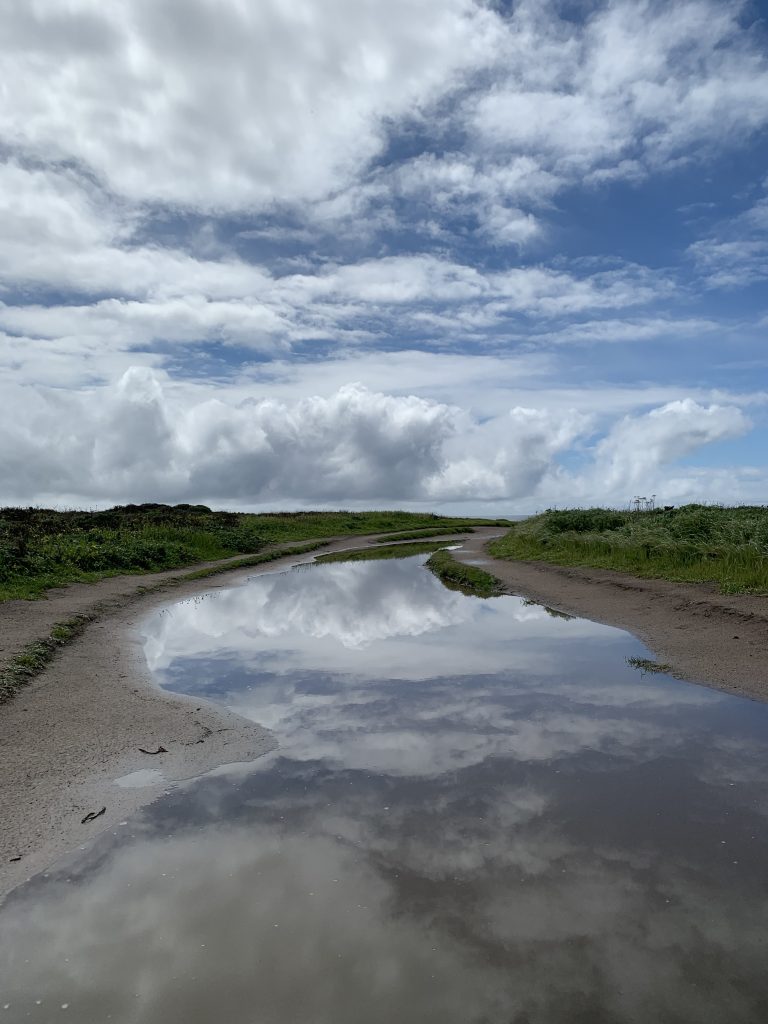
Far from now, I will see you some strange evening, and we’ll embrace the way folks do when their bones are a nuisance, when the body should by all rights evaporate in the holy moment but cannot.
For now, we must abandon one another completely.
“For if we could be satisfied in any way,’ Seneca said, “we should have been satisfied long ago.”
Here is where the plot twists and we learn the protagonist has been a ghost all along.
The true haunting is not that the ghost exists, but that at last we are able to perceive it.
If you’re calling to ask what the future is like, there is love for us both in living color.
You’ll remain on the orchard, in the cool mountain air.
I’ll drive to the heart of the desert with someone new, in awe of the way every surface mirrors heaven.
___________________________
Photographer Bio: Amber Carpenter is an MFA graduate from Columbia College Chicago’s Nonfiction program. She earned her MA in English from East Carolina University in 2012 with a concentration in both poetry and nonfiction. Her work, which includes writing and photography, has been published in Sinister Wisdom, Two Hawks Quarterly, Mount Hope Magazine, and Glassworks Magazine. She now lives in the Bay Area with her wife and pets.
Essayist Bio: Piper J. Daniels is a Michigan native and queer intersectional feminist currently living in the American Southwest. Her debut essay collection, Ladies Lazarus, won the Tarpaulin Sky Book Award, was longlisted for the PEN Diamonstein-Spielvogel Award for the Art of the Essay, and was named a finalist for the Lambda Literary Award in LGBTQ Nonfiction. She is the founder of a manuscript consultation collective dedicated to serving POC and LGBTQ writers.

